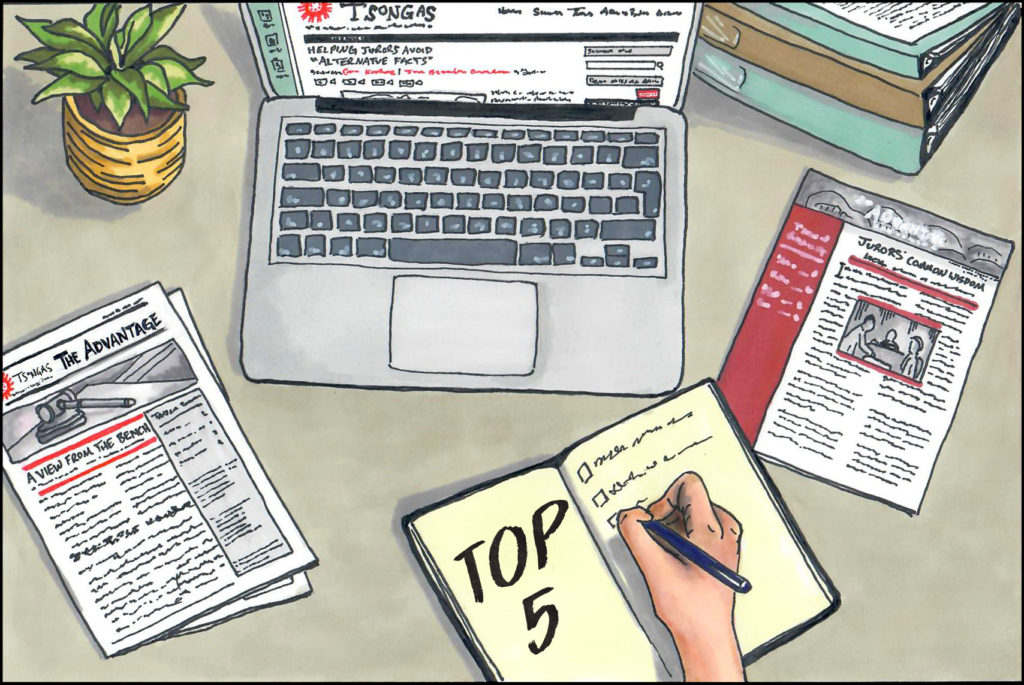Preparing for a Remote Deposition
By now you have heard of, or even participated in, a deposition taking place remotely via a webcam-based platform. In cases where depositions could not wait, the legal community was forced to adapt to the changing rules limiting in-person meetings. While it seems like restrictions may ease by summer (at least enough to accommodate 6-8 people in a large conference room), the virtual medium may remain an appealing option for some, especially those where geographical distance between attorneys and the deponent is a factor. Remote depositions may be a new form of our work, but the rules for preparation are


